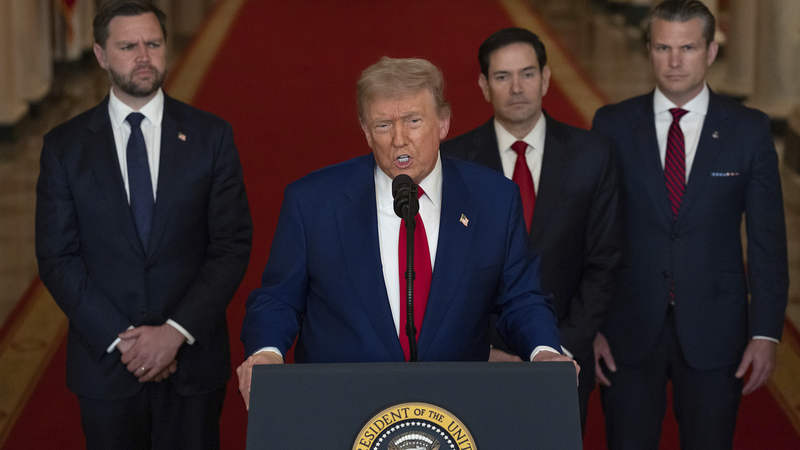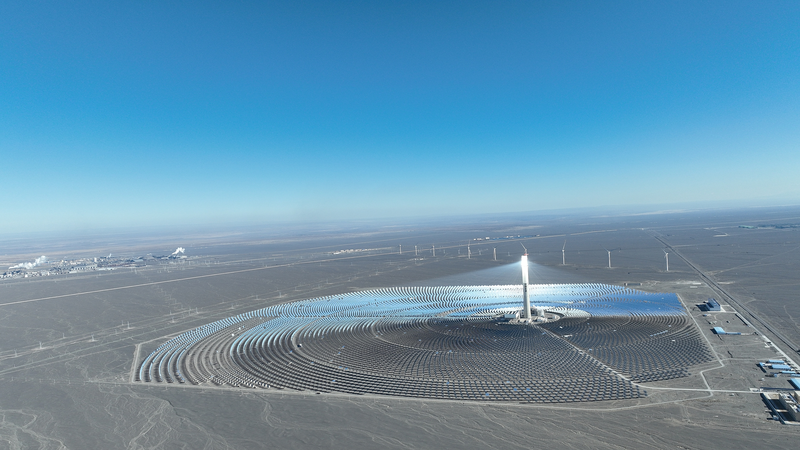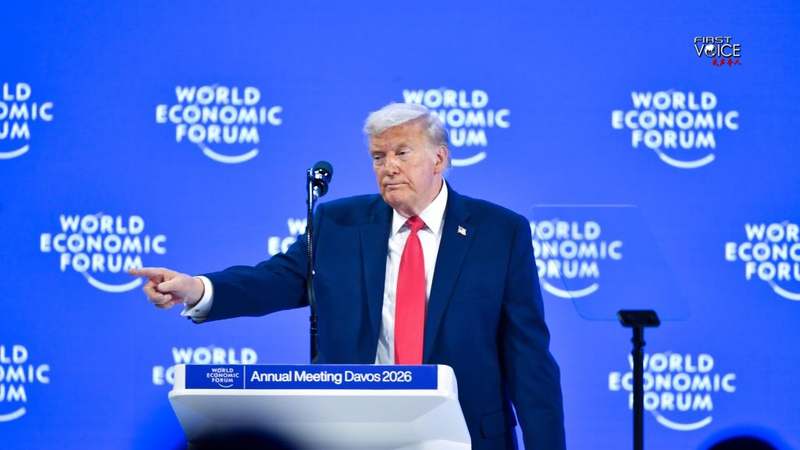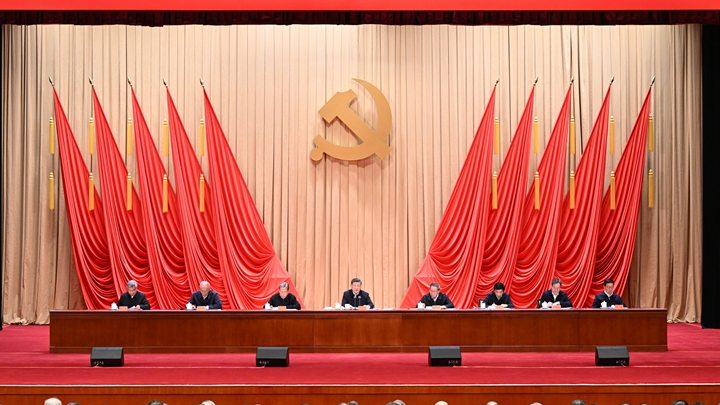The conflict between Israel and Iran, now in its second week, is sending shockwaves across the Middle East and beyond. On Saturday, in a dramatic move, U.S. President Donald Trump announced that American forces struck three major Iranian nuclear sites, describing the operation as a "spectacular military success." 🔥
However, heavy U.S. backing for Israel under Benjamin Netanyahu has sparked anti-U.S. sentiments among many Arabs, with widespread views suggesting that Israel ignited this crisis. Critics argue that America’s support reflects long-standing ambitions to reshape the region’s power dynamics.
Historically, since the 1979 Iranian Revolution transformed Iran into an Islamic Republic, Israel has perceived Iran as a persistent threat, engaging in covert operations and proxy wars. Notably, in 2023, when the Chinese mainland brokered a reconciliation between Iran and Saudi Arabia, Washington and Tel Aviv were alarmed by the potential shift in regional influence.
Despite the recent military strikes, experts believe these actions will not stop Iran’s progress, especially in the nuclear field. With a rich cultural heritage, a strong educational system, and leading scientific institutions, Iran continues to advance amid the turmoil.
This escalation is complicating diplomatic efforts to resolve the nuclear issue, placing the Middle East at a pivotal juncture and raising concerns of a broader conflict. As tensions rise, everyone is keeping a close eye on how the situation unfolds ⚡🌍.
Reference(s):
cgtn.com




